Remember ‘Face Somtin‘ where Zuckerberg spoke Yoruba as he warned a Nigerian president? We got to have a chat with Remi Olutimayin; a writer, voice actor and director who is part of the team that creates “Area” animated comedy series. In this interview, he talked about his switch to mass communication, content production, working on the animated series, training voice actors and other interesting things.
NG- The journey from Chemical Engineering to Mass Communication in your early years, what made you do the switch?
Failure. I was failing at Chemical Engineering, but I was succeeding as a writer in a writing group called Pen Circle. I already had a gift for gab and storytelling, but nobody gets paid for that, at least no one I knew personally. Even when I reconnect with my old course mates in chemical engineering, it is my storytelling they remember with amazing clarity. It was the greatest impression they had of me then. I’m just glad I understood in time and had the support of my family regarding pursuing mass communication.
NG – How did you get into content production and delivery?
It was in 2001, when I met with Yinka Oduniyi, through a friend that I met in Unilag. He remains a visionary with an open heart and mind, a creative-minded person to the core. He had me come in to try out for a voice over script with Ada Otubelu, who was then in charge of media production for SO&U. I failed, but I engaged her in conversation about my grades in copy writing class and she asked me to come by her office. I was on holiday at the time, and so I asked if I could follow her to her office that very moment. She said it was fine. I met Tolu Ajayi, Ayo Elias, Julia Oku, Udeme Ufot etc. It was like meeting a galaxy in person. They were doing what I had dreamed of, what I was studying, and thanks to them, I gained practical knowledge of content production.
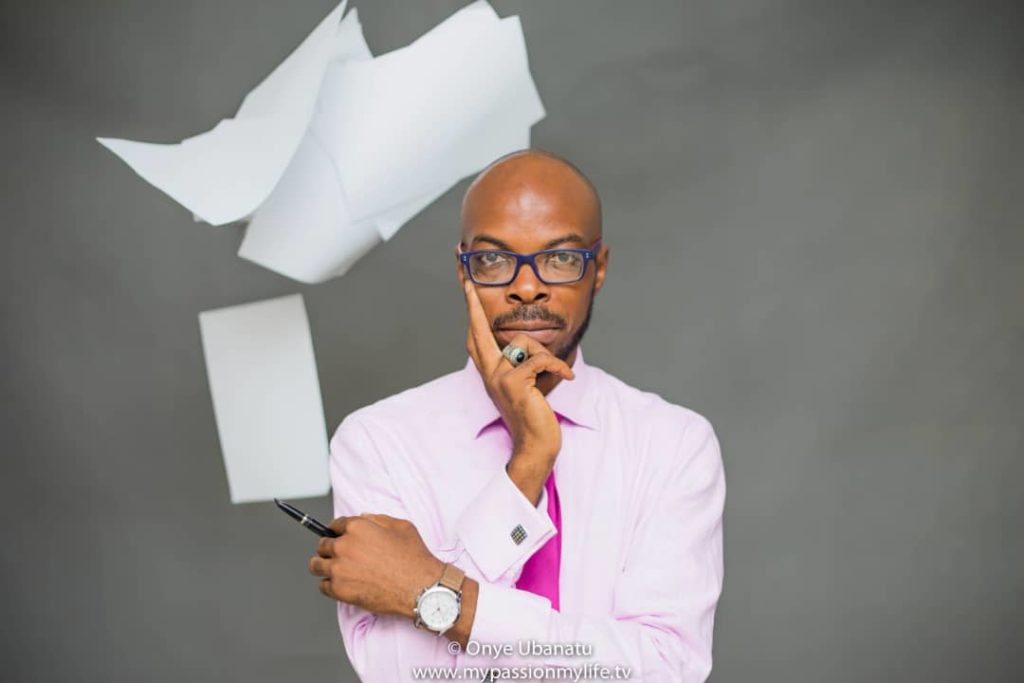
Photo credit – Onye Ubanatu
An aside, it is a fact that anything you want to do professionally always takes more than what you know when you start. Content production is multi-staged & multi-layered, involving things like copy writing, copy editing, proofreading, testing, etc. It is as simple or as complicated as your interest and commitment determines.
NG – The Area: how did you get involved in this project and what was the reason behind the creation?
In 2006, Femi Omoluabi of Aphobos, a gifted 3D motion graphics that I met in my time at Unilag, had the idea of an animated series called Coconut Island. He was handling the 3D, Nnamdi Nwoha of Elfworks was handling the 2D, and I was tasked with the voice-acting. It was the first time I was voice-directing for anything related to animation. It was a preview, more of a proof-of-product, and it was executed well. I really did not think much of it as that was all that was done. Fast forward to 2011, and Nnamdi had the idea of a comedy animated series. I was working at Soundcity at the time, and I said, “Yes.”
As to the reason for its creation, I really cannot speak for anyone else but me. I was tired of talk and paired with someone ready to ‘DO’. Besides, we had been inundated with so many animation projects that told everyone else’s story but our own. The corporate sound and image was drowning the sound of the streets, and homes and the ubiquitous humour that is distinct and Nigerian. We had our stories and they were limited to beer joints and parlour humour.
To be sure, corporate advertising kept animation engaged, like training wheels on a bicycle. Nnamdi was ready to take the training wheels off and I was like-minded, so we did it. And we made it free because people need to be able to laugh at themselves, by laughing stories they could recognise on a personal level.
NG – When did you know this was ‘IT’? How did you guys make it resonate with everyone?
I really do not know. I think people sensed the professionalism behind it. It was carefully thought out, planned, executed, and there was no ‘anyhow, sha’ involved.
We had fun voice acting, and I think it carried though. People will like what they like. People will be drawn to reflections of themselves and their personal realities, things that they are thinking about.
NG – I checked the YouTube page. It has over 4 million views since inception. Where is the The Area team trying to take it now?
Well, it has been up for over 5 years now and the stories are distinctly Nigerian. The first one (the prophet’s exorcism gone funny) was our kind of humour. I think it is first Nigerian, then African, then just a human thing.
When people ask when the next one is coming out, it typically leads to an interesting conversation about the merits of Nigerian animation vs the challenges that come with animating in Nigeria. Till this point in time, it was done out of pocket. It takes a lot of time and man hours to produce just one 3 minute cut-out styled animation.
If we waited for corporate sponsorship, we would not have achieved anything. I think people easily forget that corporations have their own focus and will not drop everything to support what is untested and outside their purview.
We are working on a more robust version right now and it is still in development. That is the most that I can say about that without giving too much away.
The last one released early 2018 (titled ORANGE) had a preview of what is to come and I am very excited about it.
NG – These videos are hinged on funny stories told through animation. How important do you think the humour writing part is in what you do?
Humour is so important, that it cannot be understated. Even in horror movies, there is an element of humour. Humour is humanising and relatable. It is what cushions the harder edges of life and experience. It doesn’t matter if it is outright humour, dark humour, gallows humour; it remains an essential device to bring people back to a lighter take on life.
NG – Is there space in the industry for young creative writers who lean more towards comedy/humour in their craft?
There is always space.. I would like to correct an impression: the industry is global. By this, I am not referring to a global company running all the humour-based content. I am a firm believer that the audience is the industry. They decide what they like. This is what memes have proven to me. The onus is on you to reach them in your own way. If you can make some money off it, even better but it won’t happen if you don’t put in the work, by planning your projects, collaborating with like-minded people, and having a firm grasp of your identity (I somewhat doubt that you can successfully pretend to be more American than any American. If you need an example, imagine pidgin English with an American accent. Did you shudder? That is how people react to in-authenticity. To be authentic just means telling the truth and sharing what the world does not know about you)
NG – With voicing for animation, who are your go-tos (Foreign and local)?
This is a difficult question. It is like asking me what kind of ewedu goes best with amala. Every voice actor in the world has his/her strengths. There are those who have deep commanding voices like James Earl Jones, Lord Frank, Red Pepper, Peter Cullen. But if that was all there was to voice acting, it would not be true to the human experience.
I think of voicing as a voice-director and I have no favourite voice-actors, but I have a favourite region.
I think the voice-actors of Japanese anime are wonderful examples. Their system of talent development is what I am interested in studying personally. With them, you have range of emotions, depth of presence in their performances, and they are to be respected for their craft. Especially considering that we have people who are capable of similar things, but all too often when I am casting voice-actors, they confuse certain concepts based on ideas that sincerely leave me baffled. A lot meaning is lost, character interpretation leaves too much room for improvement, etc. voice-acting is not possible if you choose to see yourself or your character without making mental or emotional room for investing in your ‘personal’ development.
Intensity is based on varying levels of emotional awareness, not operating on a fixed idea of melodrama, or loudness, or empty raging, or shouting (this tends to ruin voices and casting impressions).
NG – You have been doing voice acting and voice directing for years. How is the industry and how huge are the opportunities?
The power of voice-acting can be found everywhere. It has been the backbone of storytelling to a large audience at once for a long time. It is so pervasive, so ubiquitous, that the average person is unaware of its influence in their lives. It is as large as the recognised need. One can trace voice-acting from puppetry to radio (jingles, adverts, dramas, etc) to audio books to animation.
It solves a lot of problems in its different applications like animation, documentaries and audio books. Speaking of audio books, they handle the challenge of a declining reading culture. Not finding time or the interest to open a book (hardcopy or e-copy) is no longer reason enough to keep one from being both literate and educated.
NG – With your voice trainings, what does it take for one to become a voice actor?
I believe it starts with an interest, and developing it. Add to that a willingness to invest in your training, to listen to instructions and learn. Finally the heart to experiment, risk failure and learn from it. My training has a very heavy focus on the practical. It is how I know if and when you are ready for your first job.
The first thing I would say to anyone aspiring to be voice actor is to first understand and accept the kind of voice that you have. If you want to sound like someone other than yourself, you will very likely fail and end up robbing the world of your unique voice. It is always about delivery first, before any other thing. I train with a sense of detail that makes the difference between a reader and a performer. Anybody can read, not everybody will perform.
You can have a terrific voice, but if you don’t train and learn the basics of delivery (script interpretation, pacing, enunciation, character development, etc), all you are doing is reading to yourself. You are not performing as you could.
I have met people who did not do what they should have done in terms of learning more about voice acting, going for training, and so they end up blaming everybody for not finding their work acceptable based solely on the merit of their voice.
It is a rumour, but I heard that Ronaldinho, the legendary midfielder, has an older brother that has far greater skill than him, but he did not have the training and discipline to play a full 90 minutes. He can’t be jealous of his younger brother and he can’t blame other people for what was in his power to change in himself.
NG – For anyone new to comics, where do you advise they start?
This question is loaded, o! (laughs) I would have to say it depends on what their natural interests lay. Think about what you find interesting as a person, run a google search on the idea or concept of your curiosity and add “comic” to it.
Popular titles are popular for the reason of the masses, not the individual. If there is any comic industry that has understood this, it has to be the Japanese manga industry. There are comics on everything that you could possibly find interesting (cooking, eating, cars, running, basketball, fantasy games, cards, chess, reading, writing, etc) I have been a fan of Groo the Slayer and Batman since I was 4 years old. But I was also into lesser known titles like Solar: the man of the Atom, Buck Rogers and the 24th century,
NG – You read a lot. Which book(s) changed your life?
I’m still reading, and books are still changing my life. Books, essays, comics, etc literally anything I find powerful in any form of literature deserves my recognition. I will try to list as many as I can remember, seeing that I was reading since the age of 4.
- Michael Crichton – Journeys
- The Book of Job
- Ben Okri – Songs of Enchantment and The Famished Road.
- Josh Waitzkin – The Art of Learning
- Dr. Clotaire Rapaille – Culture Code
- Sun Tzu – The Art of War
- Michael E. Gerber – E-Myth
- Neil Gaiman – Sandman
- Alan Moore – Watchmen, V for Vendetta
- Pat Conroy – The Prince of Tides, Lords of Discipline
- Scott Peck – The road less travelled
- Michel De Montaigne – Cowardice: The mother of cruelty
- Mary Wollenstonecraft Shelley – Frankenstein
- Dami Ajayi – Clinical Blues
- Kama Sutra (I must point out that the title means ‘The way of love’ not ‘Sex Positions’)
- Ken Saro Wiwa – Soza Boy
I’m going to cheat here and list authors, because they put more out there that I have room to list next to their names
- Ralph Waldo Emmerson,
- Lao Tzu
- Immanuel Kant.

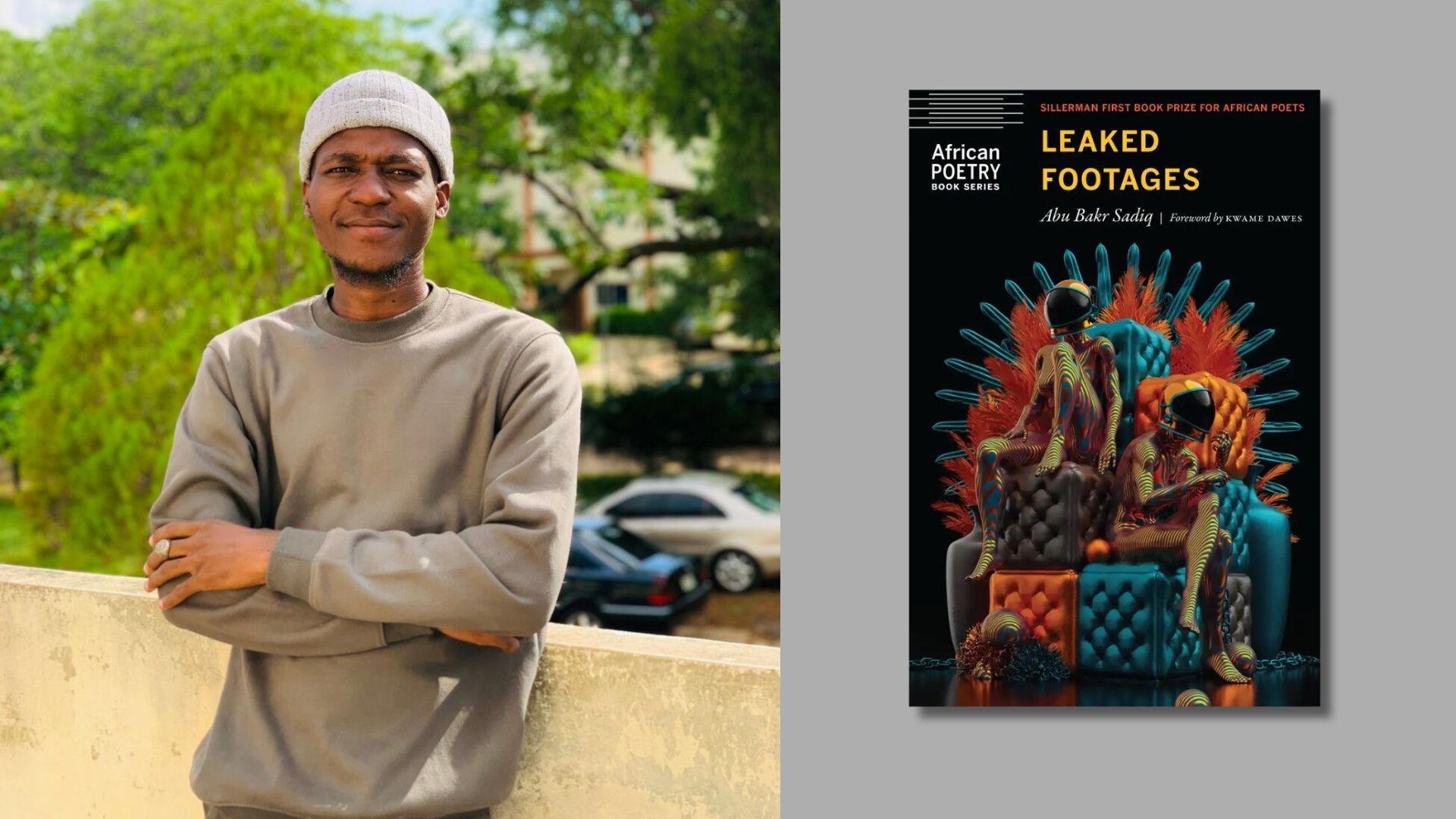
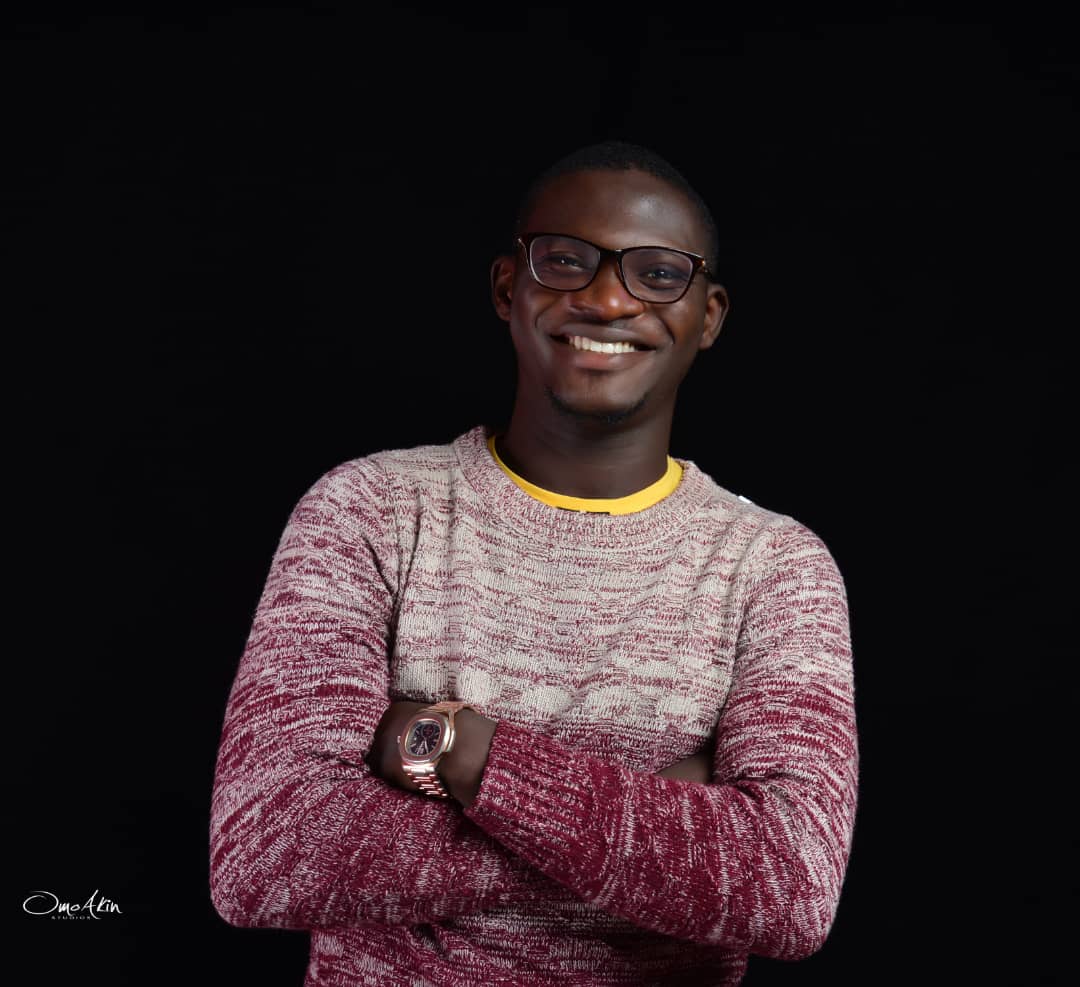
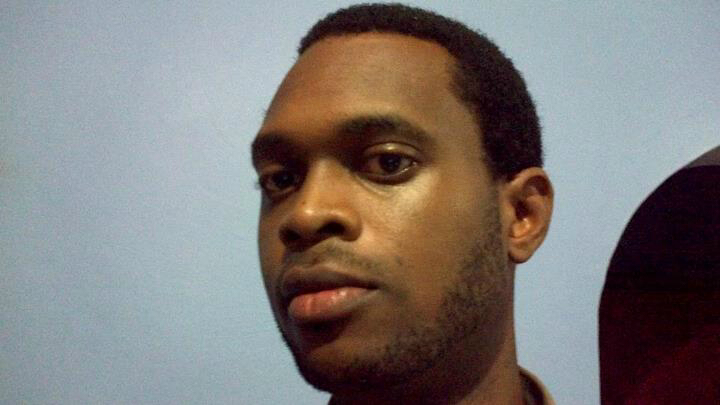
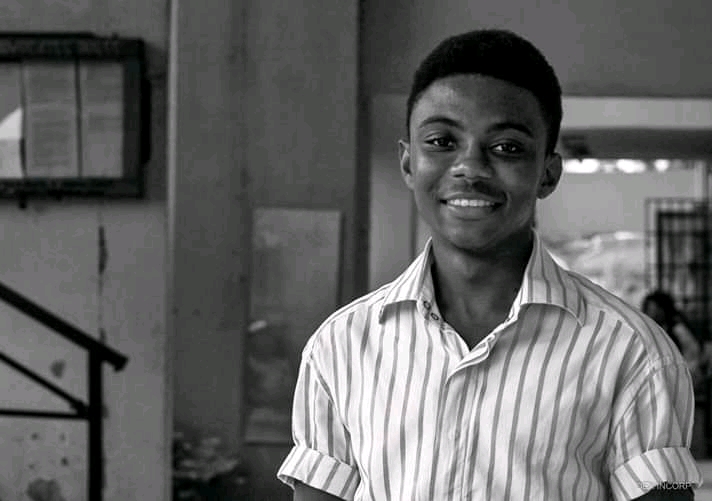
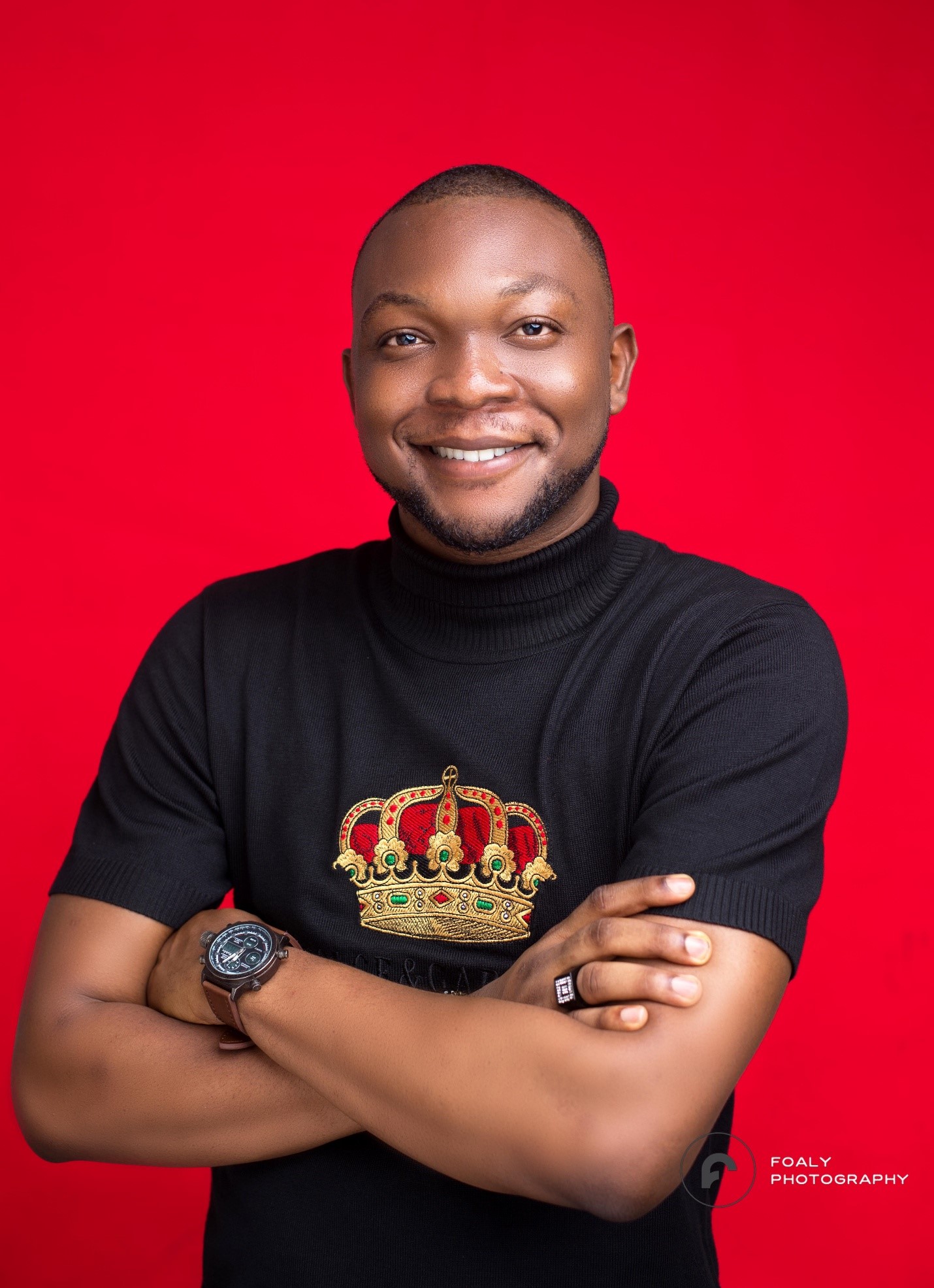
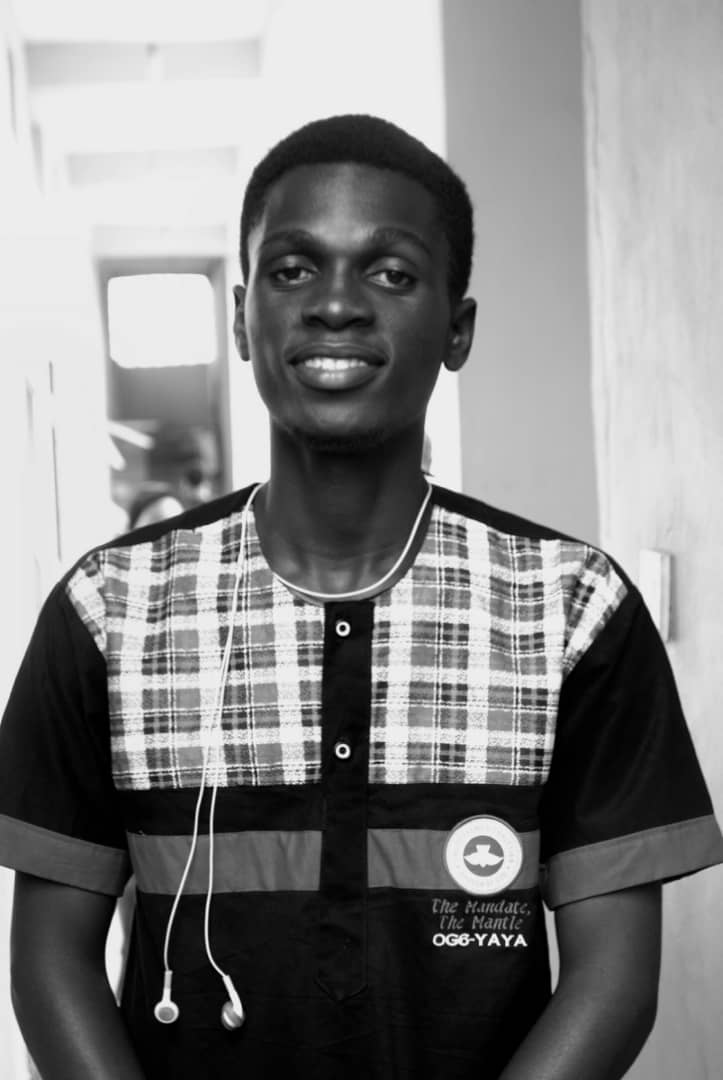
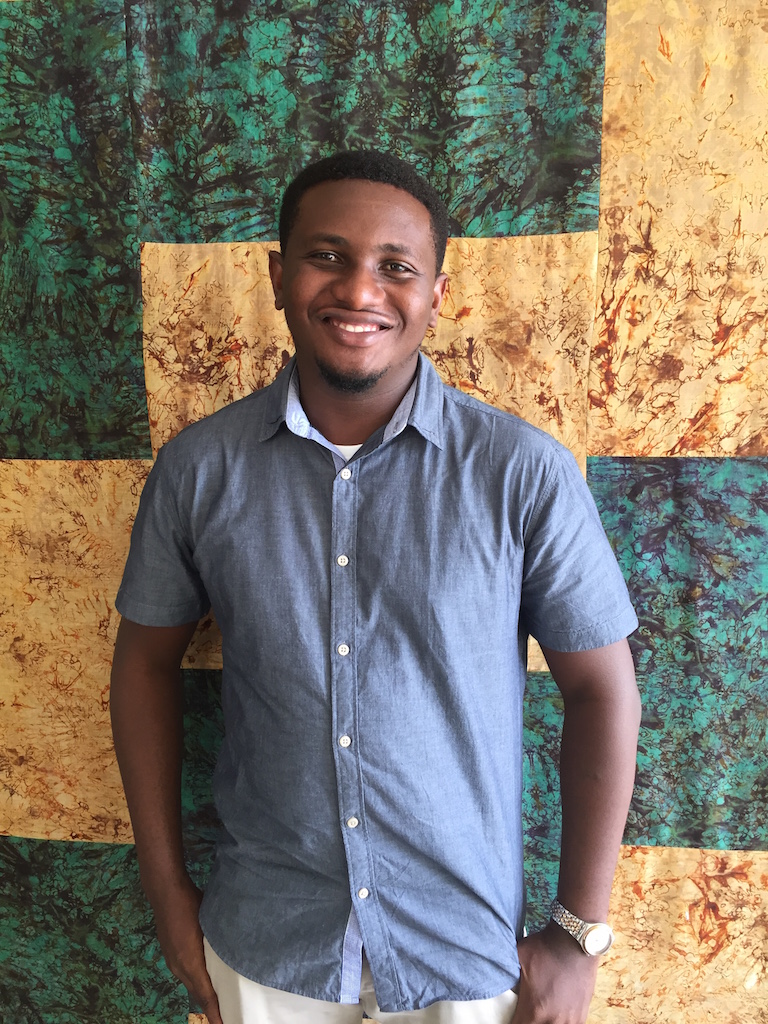
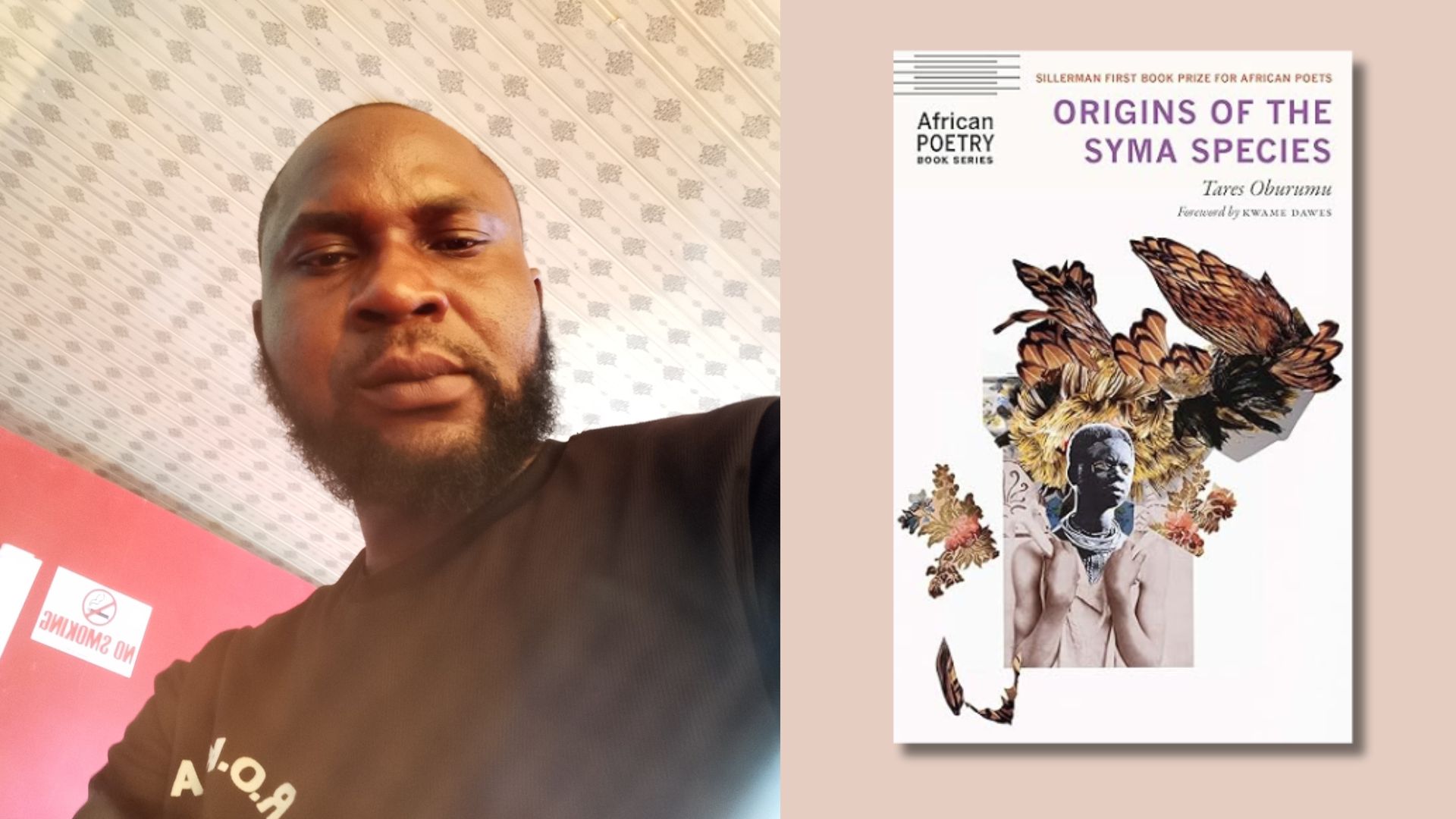
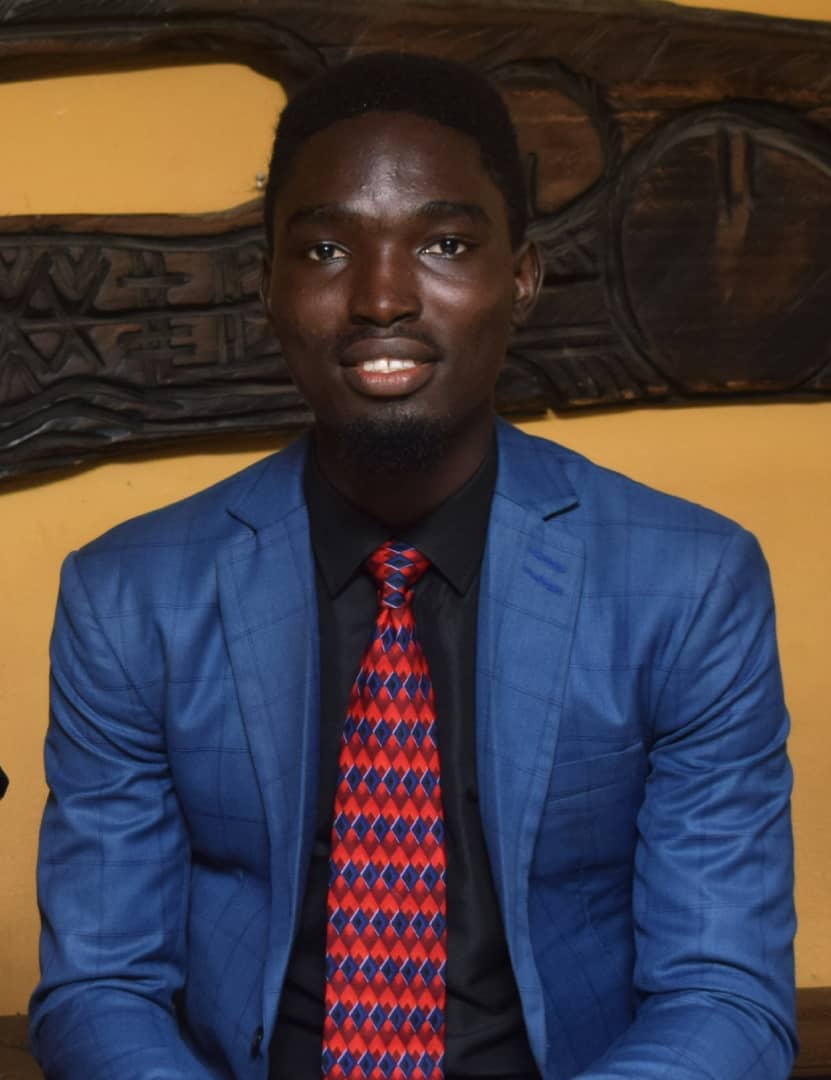
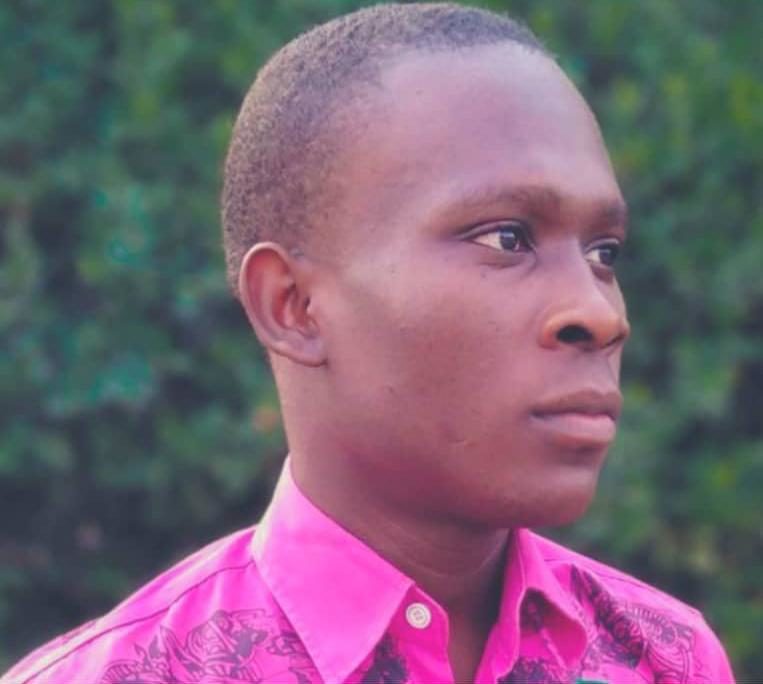
‘It is what cushions the harder edges of life and experience.’ That’s what he said about humour and I couldn’t agree less.
Nicely thought and paced interview. And Remi Olutimayin is a genius – he has read Kama Sutra!